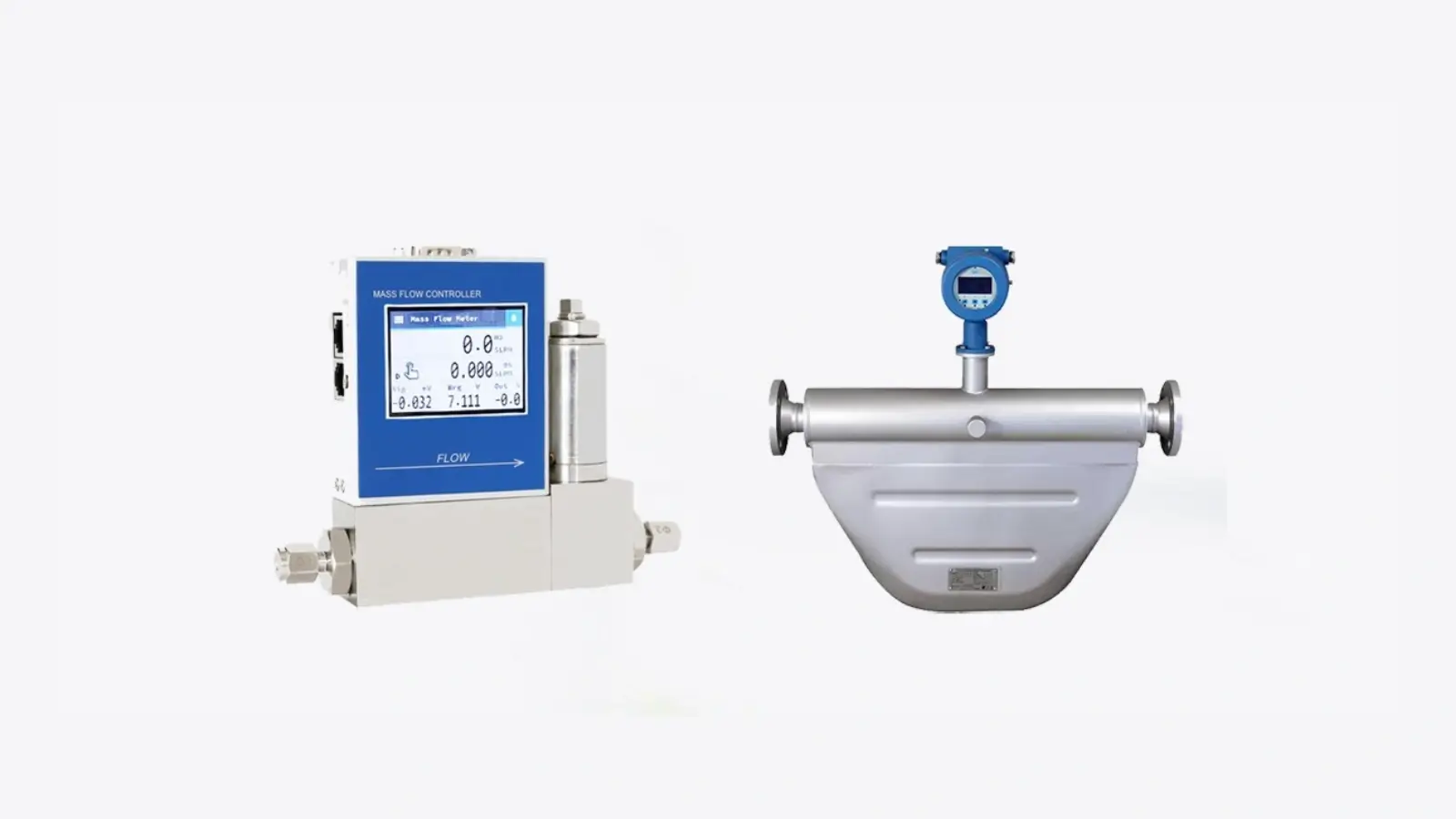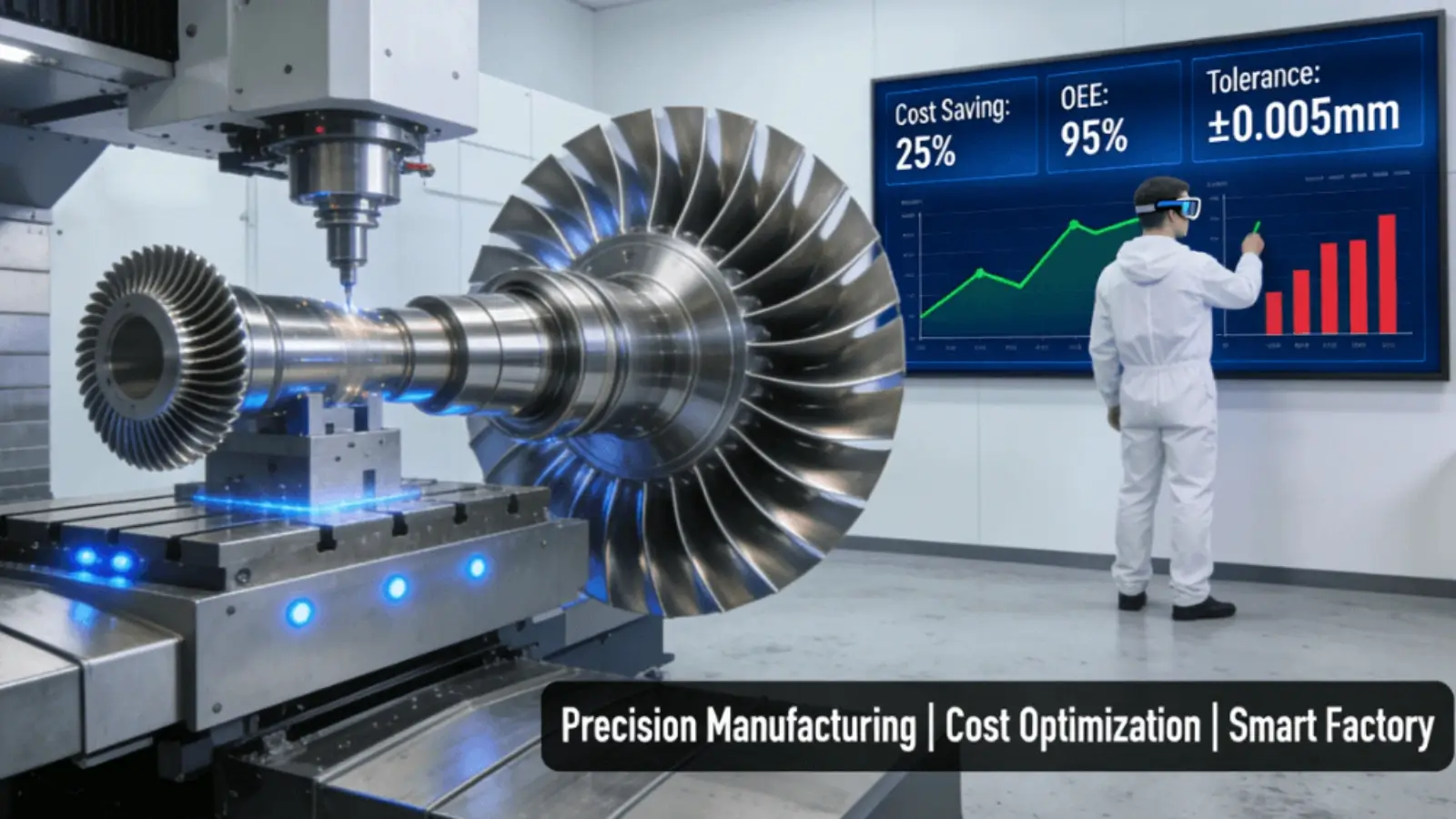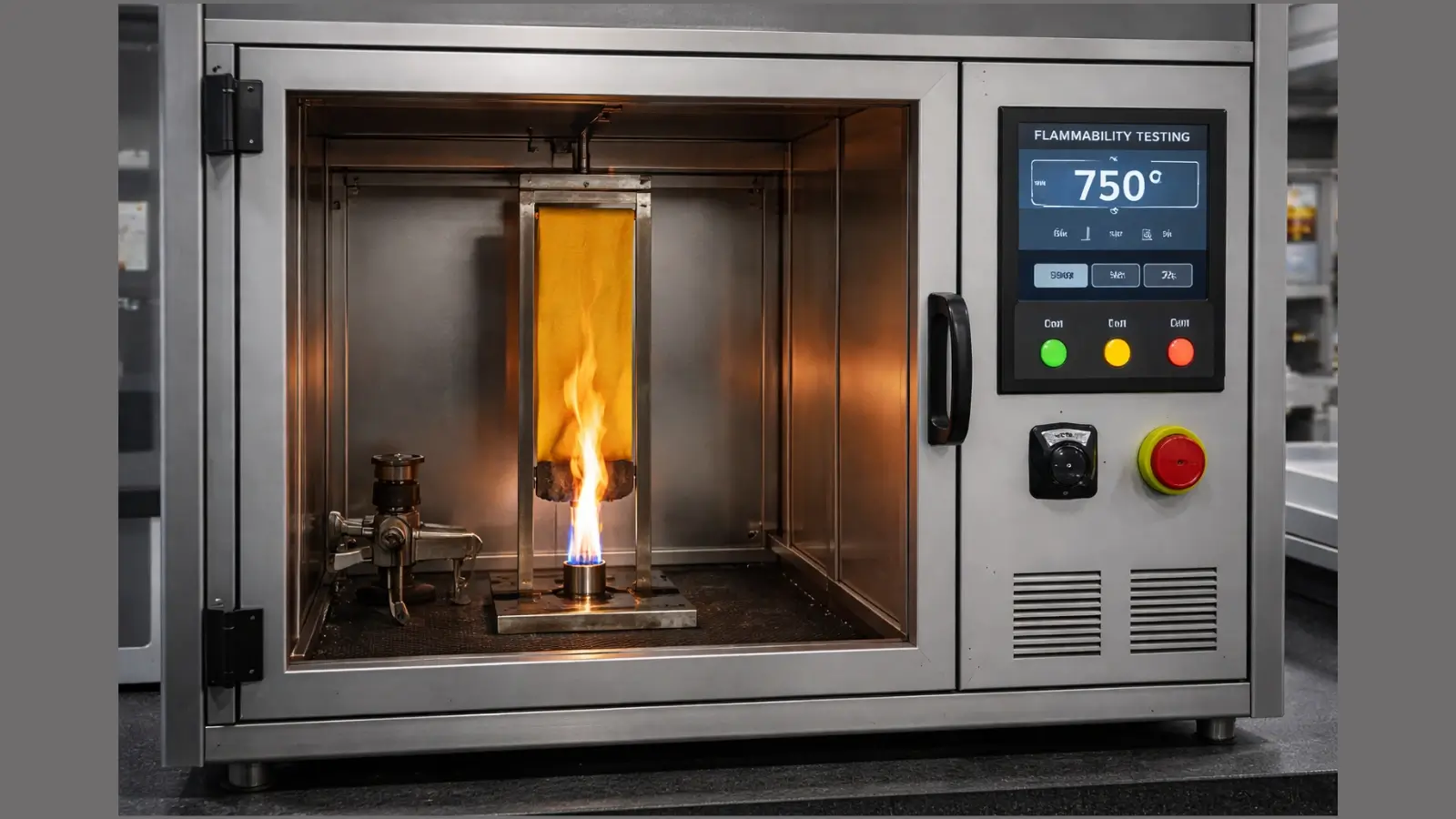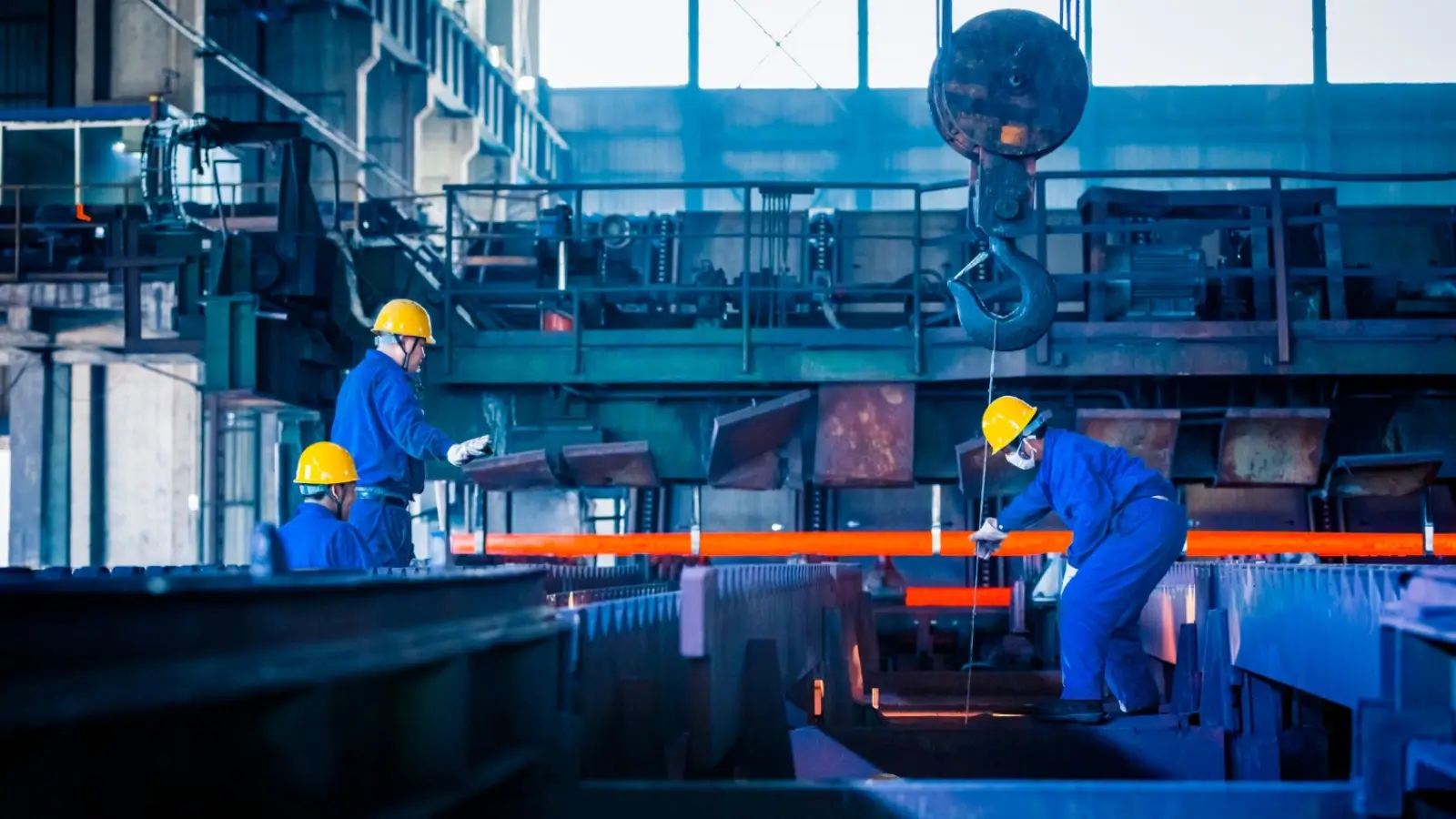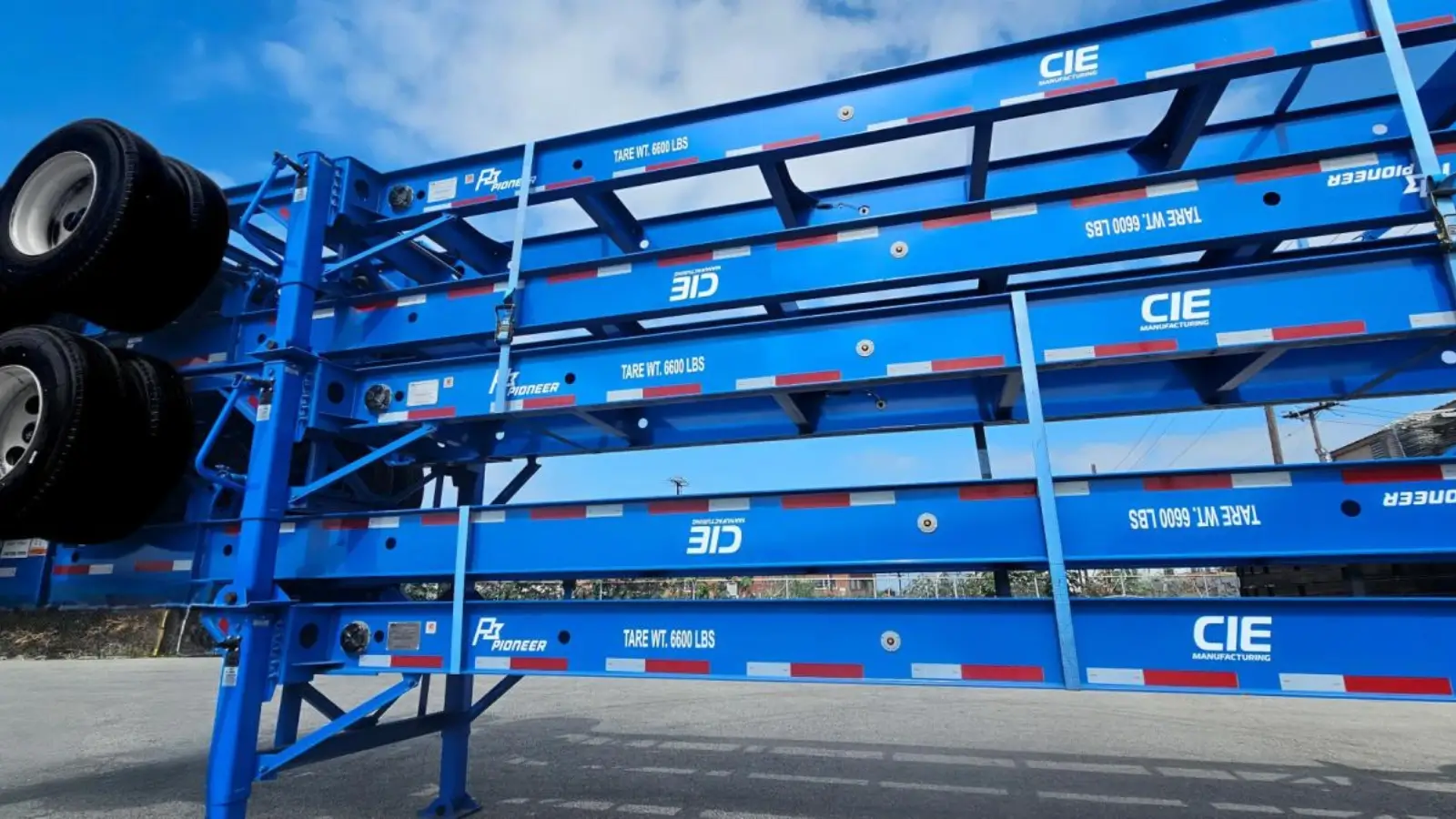In today’s fast-evolving manufacturing industry, precision and reliability are more than just buzzwords—they're essential for success. One area where these qualities are critically important is in the production of Precision Brass cnc machining brass components. From automotive and electronics to plumbing and aerospace industries, these components play an integral role in countless applications that demand accuracy, durability, and long-term performance.
If you're looking for dependable solutions that meet tight tolerances and exact specifications, Precision Brass CNC Components offer the ideal combination of strength, corrosion resistance, and machinability. Let’s dive deeper into why brass is a preferred material, the advantages of CNC machining, and how choosing the right manufacturer ensures quality you can trust.
Why Brass is Ideal for Precision CNC Components
Brass, an alloy typically made from copper and zinc, is a favorite material among manufacturers for several key reasons:
- Excellent Machinability: Brass machines more easily than many other metals, allowing for faster production cycles and lower tooling costs.
- Corrosion Resistance: Perfect for applications exposed to moisture, chemicals, or varying environmental conditions.
- Durability: Offers strong mechanical properties while still being soft enough to cut and form with high accuracy.
- Thermal and Electrical Conductivity: Widely used for electrical contacts and heat-exchange components.
- Aesthetic Appeal: Brass has a natural golden sheen, making it ideal for decorative hardware and visible fixtures.
These characteristics make brass suitable for producing high-precision components across multiple industries.
The Role of CNC Machining in Precision Brass Component Production
CNC (Computer Numerical Control) machining has revolutionized how metal components are manufactured. CNC machines are programmed to execute precise cuts, drills, and shaping operations, achieving micron-level tolerances that would be impossible with manual machining.
For brass components, CNC machining offers the following advantages:
- Unparalleled Precision: CNC systems produce consistent, repeatable parts, minimizing human error.
- Complex Geometries: CNC lathes and milling machines can create intricate designs, threading, and profiles with exceptional detail.
- High Efficiency: Automated operations result in faster production times, especially for large or repeat orders.
- Flexibility: CNC machining handles low, medium, and high-volume production runs without sacrificing quality.
- Minimal Material Waste: Advanced programming and optimization reduce material loss during production.
These benefits ensure that every Precision Brass CNC Component meets stringent customer requirements and industry standards.
Common Applications of Precision Brass CNC Components
Brass CNC components are used in a wide variety of industries, thanks to their strength, reliability, and performance in critical functions.
Here are some of the most common applications:
1. Automotive Industry
- Fuel system connectors
- Electrical sensor housings
- Transmission fittings
- Brake system components
2. Electronics
- Terminals and pins
- Connectors
- Electrical contacts
- RF and coaxial connectors
3. Plumbing and HVAC
- Valve components
- Pipe fittings
- Hose connectors
- Flow control devices
4. Aerospace
- Precision bushings
- Hydraulic system parts
- Instrumentation housings
- Connector fittings
5. Medical Devices
- Surgical tool components
- Diagnostic equipment connectors
- Fluid handling parts
6. Consumer Products
- Decorative hardware
- Musical instrument fittings
- Lock and key components
Each of these industries demands tight tolerances and reliable material performance—exactly what Precision Brass CNC Components deliver.
Key Factors That Define Quality You Can Trust
When sourcing precision brass CNC components, quality assurance should always be at the top of your checklist. Here are the essential factors that determine a supplier's ability to deliver high-quality components:
1. Material Certification and Traceability
A reputable manufacturer provides documentation proving that the brass used meets specific alloy standards (such as H59, C36000, or C38500). This ensures consistent material properties and performance.
2. Advanced CNC Equipment
High-end multi-axis CNC lathes and milling centers are essential for producing intricate designs with tight tolerances. State-of-the-art machinery enables efficient, repeatable production.
3. Experienced Machinists and Engineers
Behind every precision component is a skilled team. Experienced machinists, supported by knowledgeable engineers, ensure accurate programming, setup, and quality control throughout the manufacturing process.
4. Strict Quality Control Measures
Top-tier manufacturers implement multiple quality checks, including:
- Dimensional inspections with Coordinate Measuring Machines (CMM)
- Visual inspections for surface finishes
- Thread gauge testing
- Hardness and material property verification
These steps ensure that each component meets or exceeds customer expectations.
5. ISO Certification
Look for manufacturers with ISO 9001 or similar quality management certifications. These demonstrate a formal commitment to process control, customer satisfaction, and continuous improvement.
Benefits of Choosing a Specialized Brass CNC Machining Partner
Working with a specialized supplier for Precision Brass CNC Components offers several benefits:
- Shorter Lead Times: Brass is easier to machine, and specialized suppliers optimize production schedules for fast delivery.
- Cost-Effective Production: Faster machining speeds and less tool wear reduce overall manufacturing costs.
- Design Flexibility: Suppliers with in-house engineering teams can offer design-for-manufacturability (DFM) recommendations to help optimize your parts for production.
- Customization Options: Whether you need prototyping, low-volume runs, or mass production, a good supplier offers flexible order quantities.
Additionally, specialized brass component manufacturers often provide secondary operations like plating, polishing, and assembly to deliver ready-to-use parts.
Tips for Ordering Precision Brass CNC Components
To get the best results from your supplier:
- Provide Detailed Drawings: Include tolerances, material specs, and finish requirements.
- Clarify Order Volumes: Specify quantities to help your supplier plan production and offer better pricing.
- Discuss Lead Times: Ensure the supplier can meet your delivery schedule, especially for time-sensitive projects.
- Request Samples or Prototypes: For first-time orders, it’s wise to review samples before proceeding with full-scale production.
- Communicate Openly: Keep communication lines open to address design changes, urgent requirements, or technical questions promptly.
Final Thoughts
Choosing Precision Brass CNC Components is not just about finding a manufacturer—it’s about partnering with a trusted supplier committed to quality, precision, and customer satisfaction. From intricate automotive fittings to essential electrical connectors and plumbing components, precision brass parts manufactured via CNC machining meet the high standards demanded across multiple industries.
By working with a reputable CNC machining partner, you gain access to cutting-edge technology, experienced engineers, stringent quality controls, and responsive customer service—all of which ensure you receive high-quality brass components you can trust.
If you’re planning your next manufacturing project, consider reaching out to a precision brass CNC component specialist today and experience the difference that true quality and expertise can make.










